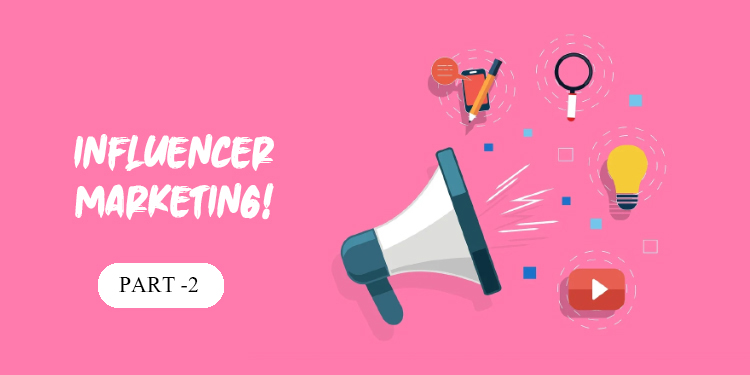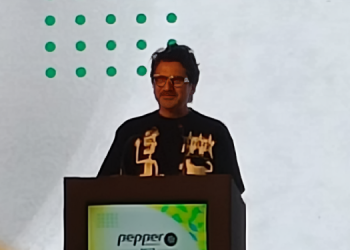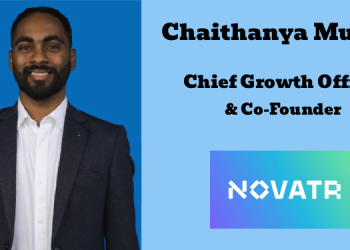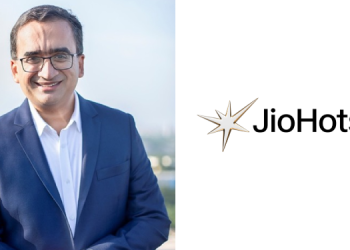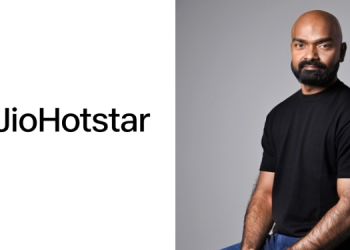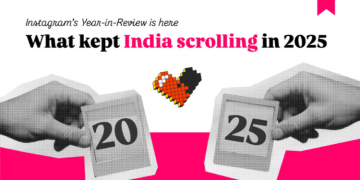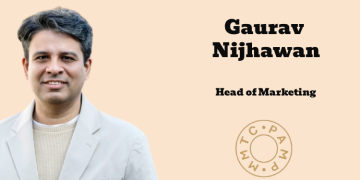In our continuous endeavour of bringing you the views that matter from experts who shall guide us through these uncertain times of Covid-19, here is the part-two of impact of Covid-19 on Influencer Marketing.
Influencer Marketing: The Next big thing for brands in a lockdown?
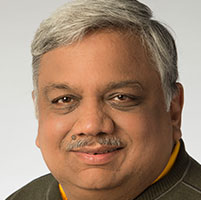
Sanjay Mehta, Joint CEO Mirum India feels that influencer marketing does not have some magical was about it to generate immediate value for brands, but continues to be a useful options for brands during these times.
Mehta said, “I wouldn’t go to say that influencer marketing is the new big thing for brands, it has been around for long. And some brands continue to use it during these lockdown days too.”

Kumar Deb Sinha, Executive Vice President, Dentsu Aegis Network and Country Head, The Story Lab India highlighted how Influencer marketing has been the next big thing for more than half a decade now.
Sinha said, “However the same reasons why it is the next big thing has been overlooked and compromised the most and in the process made influencer marketing challenging at best and irrelevant at worst. Influencer marketing was supposed to drive brand advocacy through an authentic voice. But using influencers as amplifiers for reach build-up rather than the original voice of a user/consumer has made consumers overlook brand campaigns driven by influencers.”
Sinha rightly said, “Influencer marketing is a content story and not an advertising or media reach story. And content creation needs creativity, authenticity and wow moments and to drive that it needs time.”
Advising brand managers Sinha said, “We should look at influencer marketing in the same manner as we do celebrity campaigns. There should be exclusivity, there should be annual contracts, influencers using the product themselves and harnessing their creativity henceforth. This entire cycle takes time and effort. And brands and influencers should be ready to invest that time & effort. Only then we will see the perfect marriage of brands & influencers and influencer marketing will live up to its moniker of “the next big thing”.
Are Influencers proving to be better than brand ambassadors in times of COVID-19
Highlighting it at a broader level, Sanjay Mehta, Joint CEO, Mirum India said, “If I may distinguish influencers as folks with large and relevant social media follower bases, and brand ambassadors, perhaps as celebrities, who have been largely used in traditional marketing formats like TV, print, etc., then yes, owing to the nature of the media that they are respectively comfortable with, influencers do continue to remain accessible and able to create content, as against the brand ambassadors, who were dependent on scriptwriters and production houses to do their brand stories.”
Continuing Mehta said, “Erstwhile brand ambassadors have adapted to social media well, but even so, traditionally, since even a tweet of theirs or an Instagram video of theirs was always heavily priced, they would typically not put out anything impulsively, for a brand. Whereas social media influencers have generally, a better feel for the social media spaces, and are able to do so, more effectively.”
Influencers during a lockdown prove to be better than brand ambassadors?
Kumar Deb Sinha, Executive Vice President, Dentsu Aegis Network and Country Head, The Story Lab India said, “yes and no.”
Sinha continued, “Yes, if you look at the cost of content creation, a turnaround time of content & cost per reach and No, if you consider the value of brand association driven over time. And this point applies to celebrities as well. If you are using influencers or celebrities as amplifiers of your brand message only, then of course influencers are working out better in today’s time (as celebrities have a much higher cost, longer content turnaround time, less opportunity of high-end production of content and low believability amongst consumers).
Sharing an example, Sinha explained, “However brand ambassadors who have been built over a long period of time have much higher trust factor than campaign led influencer marketing. If I can explain with an example Hema Malini as the brand ambassador of Kent RO, creating content on drinking water hygiene will have much more believability and authenticity over an influencer led the campaign to drive Kent RO brand attributes. However, if you invest time & effort behind building a host of relevant influencers as your brand ambassadors over time, you will drive the same benefits of believability and authenticity at lower cost”.
Continuing Sinha said, “But suddenly if an influencer starts endorsing a brand during the lockdown, it will not immediately have a massive impact on the brand, until and unless he has been endorsing or advocating the brand before lockdown as well. Consumers can see through paid brand messaging and they are intelligent enough to separate the wheat from the chaff”.

Gautam Anand, Head of Content at AGENCY09 said,“Influencers are more flexible and adapting than brand ambassadors hence it’s easier to create more content with influencers at this point. Influencers are always good for the short term, but in the long run, brand ambassadors will still have a better impact.”

Harikrishnan Pillai, CEO & Co-Founder, TheSmallBigIdea, said, “Brand ambassadors are known to have their own distinct appeal, following, and impact. We have seen actors shoot from home and send out TV quality ads urging citizens to be responsible, and to stay safe at home which has been extremely impactful in creating awareness.”
Examples of Influencer Marketing
Gautam Anand, Head of Content at AGENCY09 said, “Reliance General Insurance has launched a campaign in favor to make the best use of time during the lockdown called #LifeAtHome Series. Influencers are enrolled to participate in themselves and increase more engagement with the online audience.
Sanjay Mehta, Joint CEO, Mirum India said,“Several of our clients have used influencer marketing, we have an olive oil brand where we have engaged popular amateur cooks, who create magical recipes, and endorse the brand at the same time. For a Pharmacy brand, we have engaged with mom bloggers, for some of the pharma products, etc.”
On the Post-Lockdown scenario Sanjay Mehta, Joint CEO, Mirum India believes that currently, brands are still absorbing the impact of COVID-19, and not really returning back to aggressive marketing ways.
“As and when a slightly more ‘normalcy’ resumes, we will still continue to see a society where social distancing will remain the norm and a contactless scenario will be preferred. At that time, we might see a bigger push to influencer marketing, since that is something that would still remain enabled, as against elaborate production sets, for traditional TVCs, etc “said Mehta.

